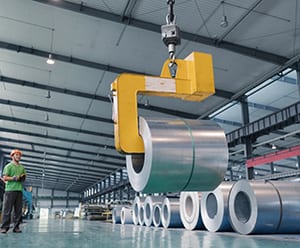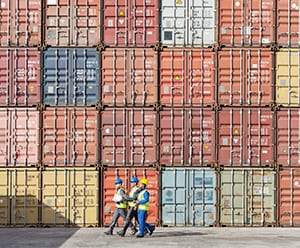
4 key considerations when selecting a customs broker

A customs broker is responsible for managing the import procedures to move goods across borders, and reducing the complexity of customs for the company in the process.
Engaging the right customs broker is essential to ensure the timely delivery of goods in compliance with rules and regulations. This makes the evaluation and selection of a customs broker an all-important decision.
Here are the key factors to consider when engaging a licensed customs broker:
1) Strong relationship with government authorities
To deal with customs procedures that differ across countries, customs brokers first have to be well-acquainted with government authorities at the local, regional and even global level.
A strong working relationship will be hugely beneficial for the understanding and resolving of issues that could arise in the regular shipping process.
This can be achieved if the customs broker participates or is certified in government customs and security programs such as C-TPAT (Customs-Trade Partnership Against Terrorism) and AEO (Authorized Economic Operator).
2) Global scale, local presence
Companies with a global presence often encounter the challenge of delivering a uniform service standard across its markets.
Likewise, working with a licensed customs broker that has a global governance structure and a strong local presence will guarantee the same service levels regardless of the country. DHL Global Forwarding, for instance, is present in over 200 countries and processes more than 7 million customs entries each year.
The level of knowledge and experience of the customs broker in each country is invaluable as familiarity generally translates into greater efficiency in clearing goods.
3) Use of technology
Another factor to consider would be the use of technology by the customs broker in areas such as shipment tracking visibility and other customs clearance capabilities.
This would ensure transparency in customs brokerage services offered to the company and also serves as an indication that their processes are optimized for time and cost savings as a result of the adoption of online software and technologies.
4) Training and education
A reliable customs broker should also provide companies with regular training or seminars to educate the company on customs procedures and the latest regulations, so as to foster better understanding when facilitating the clearance of imports.
To find out more or for assistance on customs brokerage matters, please contact our DHL Global Forwarding team.
ALSO WORTH READING











 English
English